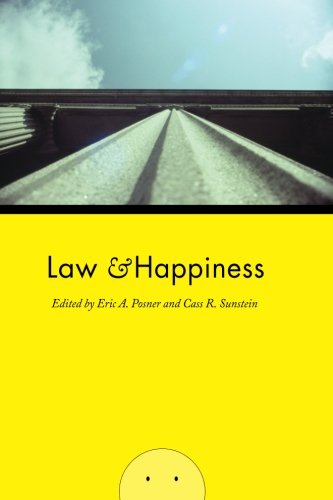冯象:回头
上帝灭所多玛一事,载《创世记》十九章。悲剧末尾有一细节,历代注家歧见纷纭。这也难怪,圣言俭约,内中的深意,便是圣人也道不尽呢(创19:16以下):
罗得一家四口,被天使攥着手带到城外:逃命去吧!天使叮嘱罗得,“不许回头看,也不可在平坝里停步;要一口气跑到那边山上,否则你[们]也一起灭亡”!逃到小镇蕞尔,太阳刚升上地平线。突然,漫天落下燃烧着的硫磺,顿时,所多玛与俄摩拉一片火海:耶和华夷平了整条河谷,连同所有的人畜草木。“[罗得]的妻子[忍不住]回头张望,立刻变成了一根盐柱”。
问题是,既已出离了耶和华眼里的邪恶之城,救主为何不许获救的“回头看”呢?假设天使对家长的警告适用于全家(故拙译作复数:“你们”也一起灭亡),罗得妻看到了什么?犯了上帝的什么禁忌?
这“回头”一节,遂成了圣史上一个谜团:经师串解论辩,神学家证之于信条,表现在西洋文艺,更是佳作叠出。当代学者的诠释,波兰学者柯瓦柯夫斯基(Leszek Kołakowski, 1927~2009)有一则寓言《罗得妻》,我以为于国人极有批判思考的意义。依其描写,那倒霉的妇人所犯的死罪,是回望了自己的过去;而至高者的计划,却是要逃生者忘掉“旧我”,终结历史,“做一个不同的人”(《上帝幸福否》,页311)。这可说是一种戏仿式的讽喻;我们先敷演他的故事,再作分析。另外,柯氏的文笔是学院派头,未免枝枝蔓蔓,挂些绕弯儿的大词,这些都替他修剪了。


